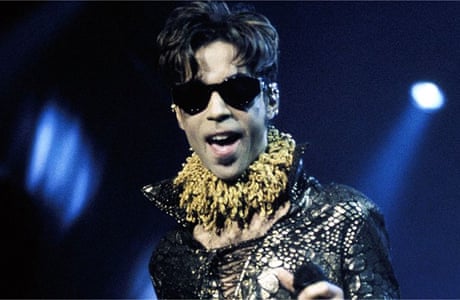If we ever meet, you might notice my hand slip down the back of my trousers to caress my buttocks. I also have a habit of going off at inappropriate tangents during conversation and am borderline obsessive about my chickens and their laying schedule, even though I haven't eaten an egg for over ten years. Odd, you might think, but as far as eccentric behaviour goes all this is so mild as to barely register.
Eccentricity. We all know it when we see it. Chances are high some of you reading this are eccentric, and we British are quietly proud to lead the world in producing Grade-A loons. National icon Oscar Wilde, for example, used to take a lobster on a lead for walks. Yet there has been astonishingly little clinical research into the subject to date, probably because eccentrics tend to be cheerful souls who rarely seek treatment. In fact, the only person to have looked into eccentricity much at all is David Weeks, an Edinburgh psychiatrist and co-author of the 1995 book Eccentrics: A Study of Sanity and Strangeness. What he discovered during a ten-year study of 1,000 decidedly peculiar people – including a Chippewa Indian who walks everywhere backwards and two Californians who hypnotise frogs – might surprise you.
Counterintuitively, for many assume that eccentricity is one short step from serious mental disorder, Weeks's subjects suffered less from mental illnesses such as depression than the majority of the population. Fewer than 30 had ever been drug or alcohol abusers. He also found that eccentrics visit the doctor 20 times less often than most of us and, on average, live slightly longer. This, he puts down to the benefits of non-conformity. Simply put, those who don't repress their inner nature in the struggle to conform suffer less stress. Consequently, they are happier and their immune systems work more efficiently. Overall, Weeks found that eccentrics tend to be optimistic people with a highly developed, mischievous sense of humour, childlike curiosity and a drive to make the world a better place. They are also highly creative: think Prince, who has been known to conduct interviews with a bag on his head, or the delectable fruitcakeyness of Kate Bush.
And those are just some of the personal benefits. In 1859, the anti-slavery campaigner, women's rights advocate and Liberal MP John Stuart Mill wrote in On Liberty, "That so few now dare to be eccentric, marks the chief danger of the time." A man who hated any kind of tyranny, Mill particularly despised the sneering, curtain-twitching, self-elected arbiters of social conformity. For him, they were tyrants responsible for "enslaving the soul." Instead, Mill saw eccentric behaviour – so long as it harmed no-one – as not only a matter of personal freedom, but a boon to society.
Mill's eccentrics are the people who see problems from new and unexpected angles; whose very oddity allows them to conjure innovative solutions. They are the visionaries who make giant imaginative leaps. He has a point: science in particular has had more than its fair share of major-league oddballs. Sir Isaac Newton once stuck a large needle into his eye socket and twiddled it around, apparently for the sheer wanton hell of it, while Einstein always filled his pipe with tobacco from cigarette butts he found in the street. The naturalist Reverend William Buckland famously attempted to eat his way through the entire animal kingdom (he reported that moles and bluebottles taste vile, should you ever be tempted by a tasting menu). Realising that it was one of the few things he hadn't eaten, the Rev is also said, on a whim, to have gobbled down the preserved heart of King Louis XIV. Mill would have agreed with Weeks, who suggests that, like the occasional mutations that drive evolution, eccentrics may provide the unusual, untried ideas that allow human societies to progress. Not too shabby for folk who are very often dismissed as cranks and crazies.
The bad news is that only about one person in every 5-10,000 is a "classic, full-time eccentric" and most are marked out for fruit-loopery at an early age. If you can tick the five points below, chances are you're one of them. If not, don't worry: many more of us will have eccentric tendencies and they become more pronounced with age. Perhaps you could nurture your own by teaching your dog to talk, like Alexander Graham Bell, or wearing rubber ears in the style of the great Vivian Stanshall. Possibly you could invent a world-changing device like the pistol for shooting wasps devised by Dame Edith Sitwell's father (she was no slouch when it came to oddballery either.)
However you might manifest it, be proud of your eccentricity and always remember that while there will be those who disapprove, you don't have a problem – they do. By choosing to march to the beat of your own drum you are doing yourself, and the rest of us, a favour. The mockers have nothing to offer but a social straitjacket.
Dr David Weeks's top five indicators of an eccentric personality:
A non-conforming attitude
Creativity
Curiosity
Idealism
An obsession with a hobby or hobbies (yes, posting on Comment is free counts)
This article was commissioned after being suggested by readers of Cif. If you would like to propose your own subjects for us to cover, please see the latest You tell us thread
